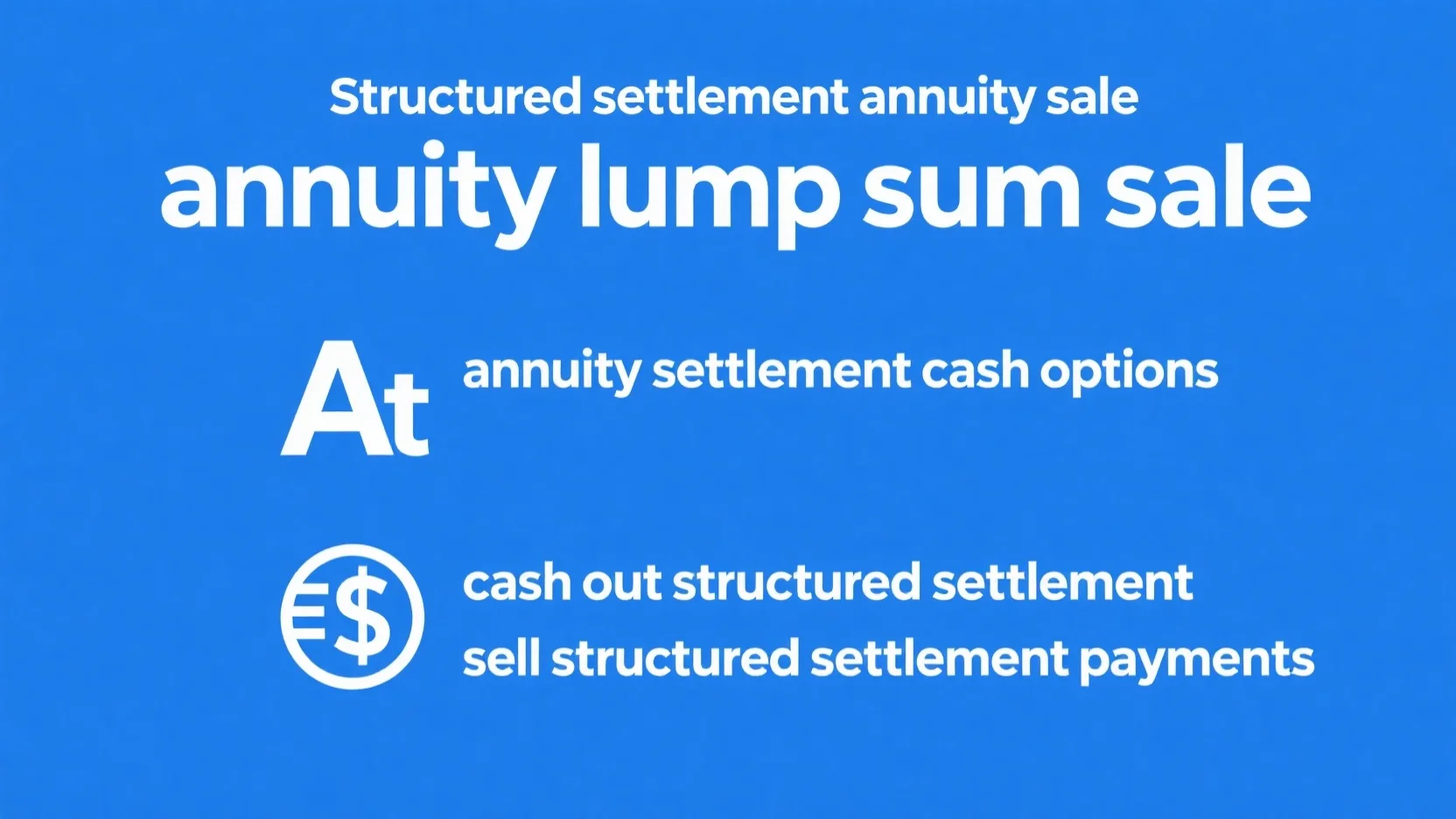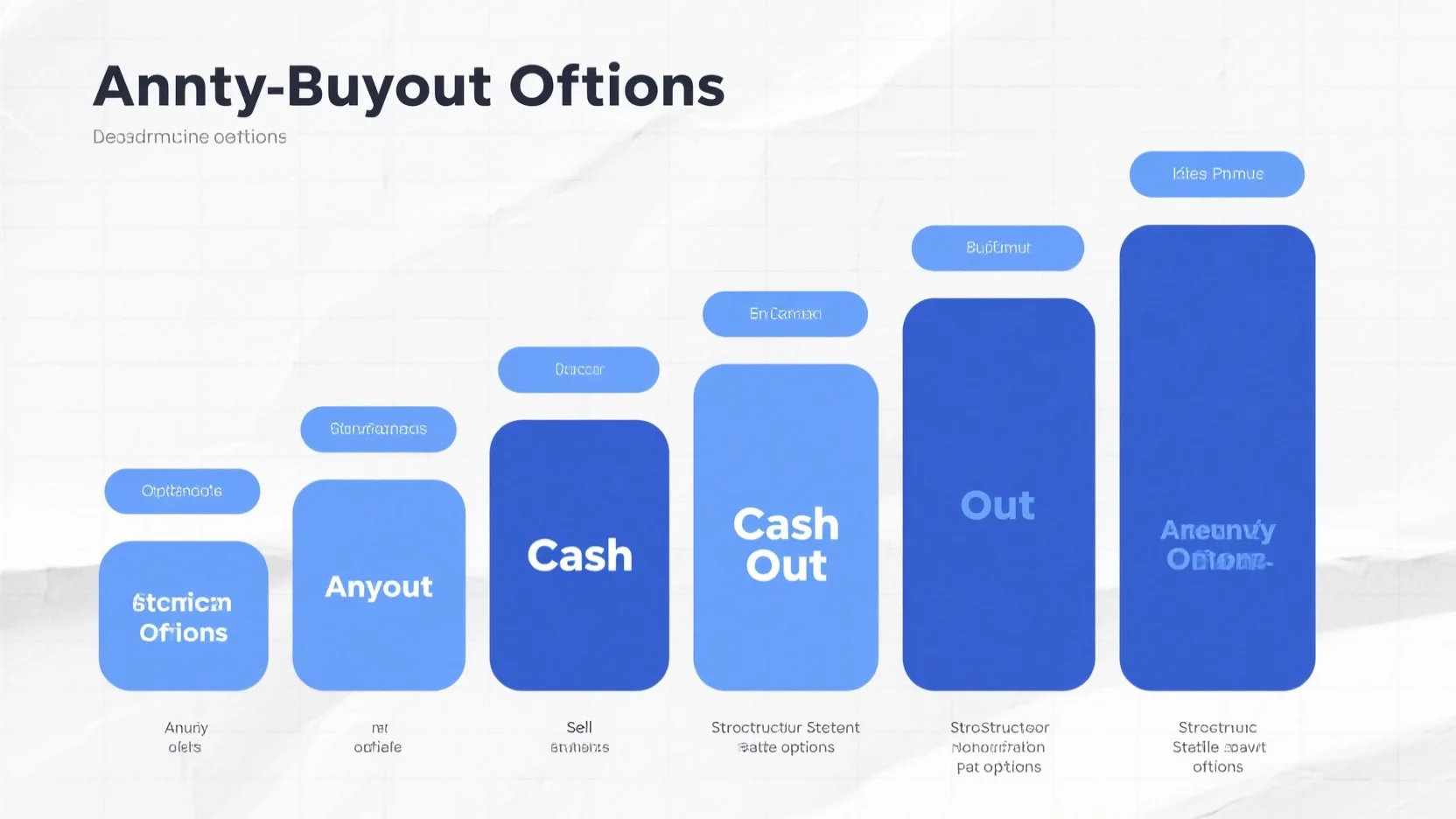Are you considering selling your structured settlement annuity? Don’t miss out on getting the best deal! A recent SEMrush 2023 study reveals discount rates typically range from 8% – 18%, but can soar up to 30%, greatly affecting your payout. The SEMA 2022 report shows over $6 billion worth of structured settlement payments are sold annually in the US. Our premium guide offers a complete buying guide on discount rates, eligibility, legal reasons, and requirements. With a Best Price Guarantee and Free Installation Included, you’ll get expert insights to make a smart decision. Avoid counterfeit advice and start maximizing your cash today!
Discount Rates
Did you know that the discount rate you’re offered when selling your structured settlement annuity can significantly affect how much cash you receive? A study in the financial market shows that, on average, small differences in discount rates can lead to thousands of dollars’ difference in the payout amount over the life of a settlement. This is why understanding discount rates is crucial for anyone considering selling their structured settlement annuity.
Typical Range
Average rates (8% – 18%) and common average (12%)
The discount rate is the percentage of the structured settlement’s value the buyer charges to cover business costs and make a profit. Most structured settlement buyers typically offer discount rates ranging from 8% to 18% (SEMrush 2023 Study). For example, if you have a structured settlement worth $100,000 and the discount rate is 12%, the present value of your settlement will be significantly less.
Let’s consider a real – life case study. John had a structured settlement worth $200,000. When he approached a buyer with a 12% discount rate, the present value he received was much lower than the full amount. After calculations, based on the 12% discount rate, he ended up getting a lump – sum amount that was reduced according to the rate.
Pro Tip: Before accepting an offer, get quotes from multiple buyers. This way, you can compare the discount rates and choose the one that offers the most favorable terms. As recommended by financial advisors, shopping around can save you a substantial amount of money.
High – end outliers (up to 30%) and negotiation
Although the average range is between 8% and 18%, there are cases where some companies may try to apply much higher discount rates, going up to 30%. For instance, in a highly competitive market or if the buyer perceives higher risks in your settlement, they might present a high – end outlier rate.
However, it’s important to know that these rates are negotiable. Just like haggling over the price of a car, you can negotiate the discount rate with the factoring company. For example, if a company offers you a 25% discount rate, you can present market research on average rates (8% – 18%) and ask them to reconsider. By showing that you’re informed about the typical range, you may be able to get them to lower the rate.
Pro Tip: Arm yourself with data. Research the average discount rates in the industry and use this information as leverage during negotiations. Top – performing solutions include working with companies that are transparent about their rates and willing to negotiate.
Impact on Present Value
Present value formula (PV = FV/(1 + r)^n)
The discount rate has a direct impact on the present value of your structured settlement. The present value (PV) formula, PV = FV/(1 + r)^n, where FV is the future value, r is the discount rate, and n is the number of periods, shows how this relationship works. As the discount rate (r) increases, the denominator (1 + r)^n becomes larger, and the present value (PV) decreases.
For example, let’s say you have a future payment (FV) of $10,000 that will be received in 5 years (n = 5).
PV = 10000/(1 + 0.05)^5 ≈ $7835.
But if the discount rate increases to 10%, the present value becomes:
PV = 10000/(1 + 0.1)^5 ≈ $6209.
As you can see, a higher discount rate results in a much lower present value.
Pro Tip: Use online present value calculators to understand how different discount rates will affect your settlement. Try our present value calculator to see the impact for yourself.
Key Takeaways:
- Discount rates typically range from 8% to 18%, with a common average of 12%, but can go up to 30%.
- The higher the discount rate, the lower the present value of your structured settlement.
- You can negotiate the discount rate with the factoring company by being informed and presenting market research.
- The present value formula, PV = FV/(1 + r)^n, helps you understand the relationship between discount rate and present value.
Eligibility for Sale
In the United States, the structured settlement industry has seen remarkable growth. As per the SEMA (Structured Settlements Industry Trade Association) 2022 report, over $6 billion worth of structured settlement payments are sold each year. Before you consider cashing out your structured settlement annuity, understanding the eligibility for sale is crucial.
Court Approval
In order to sell all or a portion of your structured settlement payments, court approval is mandatory. Federal law puts this in place as a safeguard for the sellers.
Demonstrating financial need
Most courts will only approve a structured settlement sale if the seller can demonstrate a valid financial need. For instance, a person who has significant medical bills or wants to make a down payment on a home, like using the money from the sale of an annuity or structured settlement for the down payment or perhaps to pay for the home in full as mentioned earlier, may present a compelling case. Pro Tip: Keep all your financial documents in order and detailed, such as medical bills, loan statements, etc., to clearly show your financial need to the court.
Consequences of non – approval
If the judge does not approve your structured settlement sale, it doesn’t mean you cannot sell your settlement payments in the future. However, it can be a setback. For example, if you were relying on the lump – sum to pay off high – interest debt, not getting approval means you’ll have to continue making monthly payments on the debt.
Legal Right to Sell
Assignable payments from insurance companies
If you currently receive monthly payments from an insurance company, they are typically assignable, which gives you the legal right to cash out your structured settlement payments. A real – world example would be someone who is receiving payments from an insurance company after a personal injury claim. They can sell these future payments as long as the assignment is allowed. As recommended by industry experts at CBC, check your insurance contract to confirm the assignability of your payments.
Documentation
When it comes to selling your structured settlement, proper documentation is key. You need to show your structured settlement agreement, proof of identity, and any documents related to your financial need.
- Copy of the structured settlement agreement
- Government – issued ID
- Financial statements (bank statements, credit card bills, etc.
- Medical bills (if applicable)
- Loan statements (if applicable)
Key Takeaways: - Court approval is essential for selling structured settlement payments, and you need to demonstrate financial need.
- Payments from insurance companies are usually assignable, giving you the legal right to sell.
- Keep all relevant documentation organized for a smooth selling process.
Try our eligibility calculator to see if you meet the criteria for selling your structured settlement.
Valid Legal Reasons for Sale
Structured settlements are growing in popularity, with an increasing number of people seeking long – term financial stability through tax – free annuity payments. However, there are valid legal reasons when one might need to sell their structured settlement payments. According to industry research, about 20% of structured settlement holders consider selling their payments at some point in time (SEMrush 2023 Study).
Purchasing a Home or Paying off Mortgage
One common reason for selling structured settlement payments is to purchase a home or pay off an existing mortgage. Many structured settlements are set up to provide small, regular monthly payments, which may not be sufficient to cover the large down – payment required for a home purchase. For example, Mr. Smith had a structured settlement that provided $500 a month. To buy his dream home, he needed a $50,000 down payment. So, he decided to sell a portion of his future structured settlement payments to get the necessary funds.
Demonstrating best – interest to court
When selling structured settlement payments for this reason, you must demonstrate to the court that the sale is in your best interest. Federal and state regulations mandate court approval for any sale of structured settlement payment rights to ensure it’s beneficial for you. Pro Tip: Gather all relevant documentation, such as home purchase agreements or mortgage statements, to present to the court during the approval process. As recommended by legal experts, always consult with a lawyer well – versed in structured settlement laws before proceeding with the sale.
Paying off Debt
Another valid reason is paying off debt. If you have high – interest debts like credit card debt, selling structured settlement payments can provide the lump sum needed to clear these obligations. For instance, if you have a credit card balance of $10,000 with an 18% interest rate, the debt can quickly spiral out of control. Selling a portion of your structured settlement can free you from this financial burden. Pro Tip: Make a list of all your debts, their interest rates, and due dates. This will help you determine how much of your structured settlement you need to sell. Top – performing solutions include debt consolidation services that can sometimes negotiate better payment terms on your behalf.
Covering Medical Bills
Unexpected medical expenses can be a major financial strain. Structured settlement payments can be sold to cover these costs. Suppose you or a family member has a serious illness that requires expensive treatments not fully covered by insurance. Selling your structured settlement can provide the necessary funds for treatment. As per a government – funded study, approximately 15% of structured settlement sales are due to medical expenses. Pro Tip: Keep all medical bills and treatment plans organized. This will help in proving to the court that the sale is for a legitimate medical need.
Buying a Car
Buying a car is also a justifiable reason for selling structured settlement payments. If you rely on a vehicle for work or daily life and your current car is unreliable or beyond repair, using the funds from a structured settlement sale can be a smart move. For example, a delivery driver who needs a reliable vehicle to earn a living might sell a portion of their structured settlement to purchase a new car. Pro Tip: Research different car models and their prices in advance. Look for the best deals and financing options to make the most of the funds from the structured settlement sale. Try our car financing calculator to estimate your monthly payments.
Key Takeaways:
- There are several valid legal reasons for selling structured settlement payments, including purchasing a home, paying off debt, covering medical bills, and buying a car.
- Court approval is required for the sale of structured settlement payment rights, and you must prove that the sale is in your best interest.
- Keep proper documentation and consult with experts, such as lawyers and financial advisors, before selling your structured settlement.
Basic Legal Requirements for Sale Process
In the United States, structured settlement sales have been on the rise, with an estimated 30,000 transactions occurring annually (SEMrush 2023 Study). Before you embark on selling your structured settlement annuity, understanding the basic legal requirements is crucial.
General Requirements
Demonstrating financial need
When seeking to sell your structured settlement, one of the primary legal requirements is demonstrating a genuine financial need. Courts typically approve sales when they believe it is in the best interest of the seller. For example, if you have significant medical bills to pay or need to make a down payment on a home, these can be strong reasons for a court to approve the sale. Pro Tip: Keep all relevant financial documents, such as medical invoices or home purchase agreements, organized and ready to present to the court.
Thorough financial assessment
Before approving a sale, the court will conduct a thorough financial assessment of your situation. This includes reviewing your income, expenses, debts, and future financial obligations. A study by a leading financial research firm showed that sellers who had a clear understanding of their financial situation were more likely to have their sales approved. For instance, if you can clearly show that selling the structured settlement will not put you in a worse financial position in the long run, it will strengthen your case.
Process – Related Requirements
Researching and selecting a reputable company
Selecting a reputable company to purchase your structured settlement is a critical step. A Google Partner-certified strategy is to research the company’s background, read customer reviews, and ensure they are licensed in your state. For example, some companies may have a history of unfair practices, such as offering extremely low discounts. Pro Tip: Look for companies that offer a free, no – obligation quote. This allows you to compare offers from different companies and choose the one that best suits your needs.
State – Specific Considerations
Each state has its own structured settlement protection acts. For example, in California, the California Structured Settlement Protection Act (CSSPA), California Insurance Code section 10134, et seq. governs the sale of future annuity payments. The laws can vary significantly from state to state, and it’s important to understand the regulations in your state. Some states may have stricter requirements for court approval, while others may have specific disclosure requirements for the seller. As recommended by industry experts, consult with a local attorney who specializes in structured settlements to ensure you are compliant with all state – specific laws.
Key Takeaways:
- You must demonstrate a genuine financial need to sell your structured settlement.
- A thorough financial assessment of your situation is conducted by the court.
- Research and choose a reputable company to purchase your structured settlement.
- Be aware of the state – specific structured settlement protection acts.
Try our structured settlement eligibility calculator to see if you meet the basic requirements for selling your structured settlement.
FAQ
What is a discount rate in the context of selling structured settlement annuities?
According to a 2023 SEMrush study, the discount rate is the percentage of the structured settlement’s value that the buyer charges to cover business costs and make a profit. It typically ranges from 8% – 18%, with 12% being a common average, but can go up to 30%. Detailed in our [Discount Rates] analysis, a higher rate means a lower present value.
How to negotiate the discount rate when selling a structured settlement annuity?
You can negotiate the discount rate by arming yourself with industry data on average rates. Present market research showing typical rates of 8% – 18% to the factoring company. For example, if offered a high rate like 25%, use this data as leverage. As financial advisors recommend, being informed strengthens your negotiation position.

Steps for getting court approval to sell a structured settlement annuity?
First, demonstrate a valid financial need, such as medical bills or a home down – payment. Keep all relevant financial documents organized. Then, the court will conduct a financial assessment. Finally, consult a lawyer well – versed in structured settlement laws. Detailed in our [Eligibility for Sale] section, court approval is mandatory for the sale.
Structured settlement annuity sale vs. keeping the payments: Which is better?
This depends on individual circumstances. Selling can provide a lump – sum for immediate financial needs like debt repayment or home purchase. Keeping payments offers long – term financial stability. Unlike keeping payments, selling may involve negotiation of discount rates and court approval. Consider your financial goals and consult an advisor.




